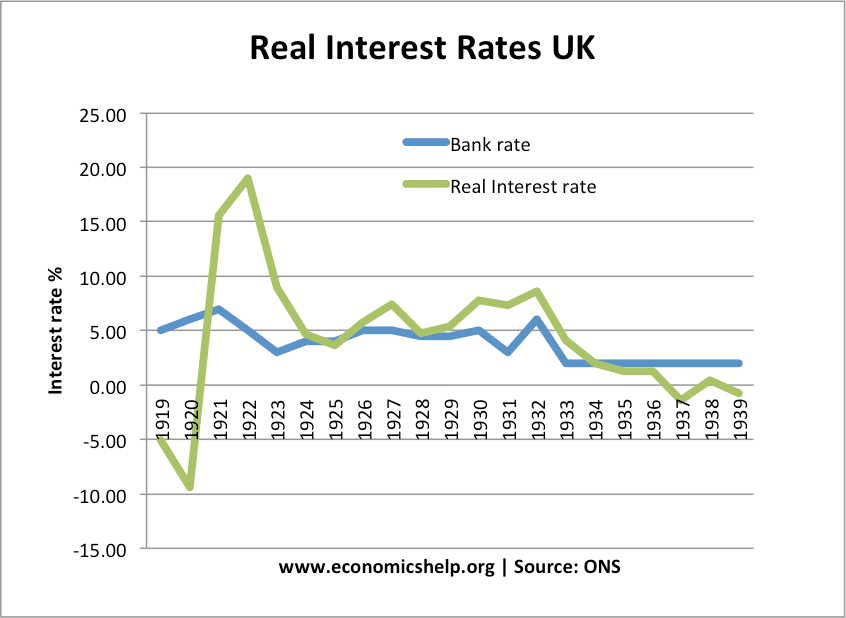Manufacturing – Secondary sector
The manufacturing sector takes raw materials and converts them into finished products. The manufacturing sector is concerned with using raw materials from the primary sectors, such as iron and coke and the production of finished goods, such as cars. These manufactured goods can then be sold in the tertiary sector. The manufacturing sector is to …

